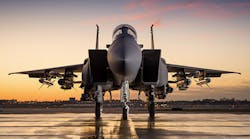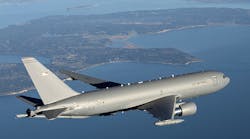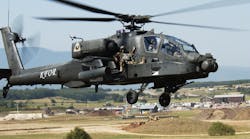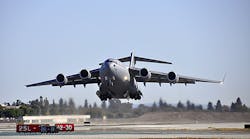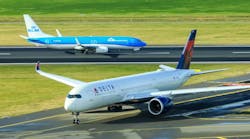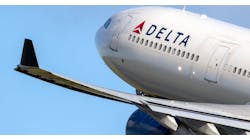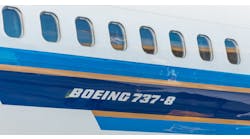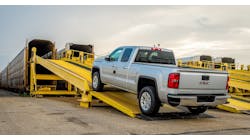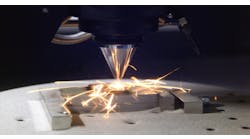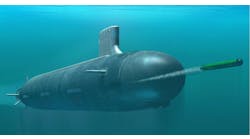Boeing Co. is downsizing its St. Louis-based Defense, Space & Security business unit, consolidating some operations and reducing employment by about 500, “in order to push ourselves farther and win more business,” according Leanne Caret, president and CEO of the business unit. The company did not identify its anticipated savings from the consolidation effort.
The Defense business designs and manufacturers bomber aircraft, fighter and attack jets, rotor aircraft, tankers and transport aircraft, surveillance and other military aircraft, and unmanned aerial vehicles. It also designs and manufacturers missiles, satellites, space planes, space probes, and spacecraft. Boeing Defense has about 48,000 employees and accounted for 31.4% of the corporation’s total revenue during Q3 2016.
According to recent reports, Boeing has cut nearly 17,000 jobs this year, or about 4% of its total workforce.
In the Defense unit revamp, Boeing indicated it would be eliminating 500 positions at the Huntington Beach, Calif., plant over the next four years and scaling back work at that location, and at plants in El Paso, Tex., and Newington, Va.
Over the same period, Boeing will reduce facilities space by approximately 4.5 million sq.ft., and transfer a large number of work positions from the Huntington Beach operations to El Segundo, Long Beach, and Seal Beach in Southern California. Other jobs will be relocated to St. Louis and Huntsville, Ala.
In addition to those moves, Boeing plans to move some activities from Kent, Wash., to Tukwila.
By the end of 2020, Boeing Defense will have transferred about 1,600 positions to three locations in Los Angeles County, about 500 to St. Louis, and about 400 to Huntsville.
In addition to these efforts, the Boeing Defence Australia, Boeing Defense Saudi Arabia, and Boeing Defence United Kingdom businesses will be reassigned to and managed by a new global operations group.
“Making better use of our facilities will enhance efficiency and promote greater collaboration,” according to Caret. “This will help drive our global growth in Boeing’s second century.”
